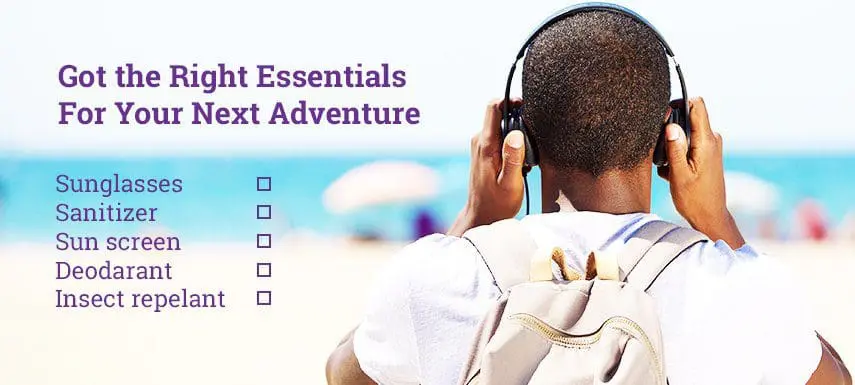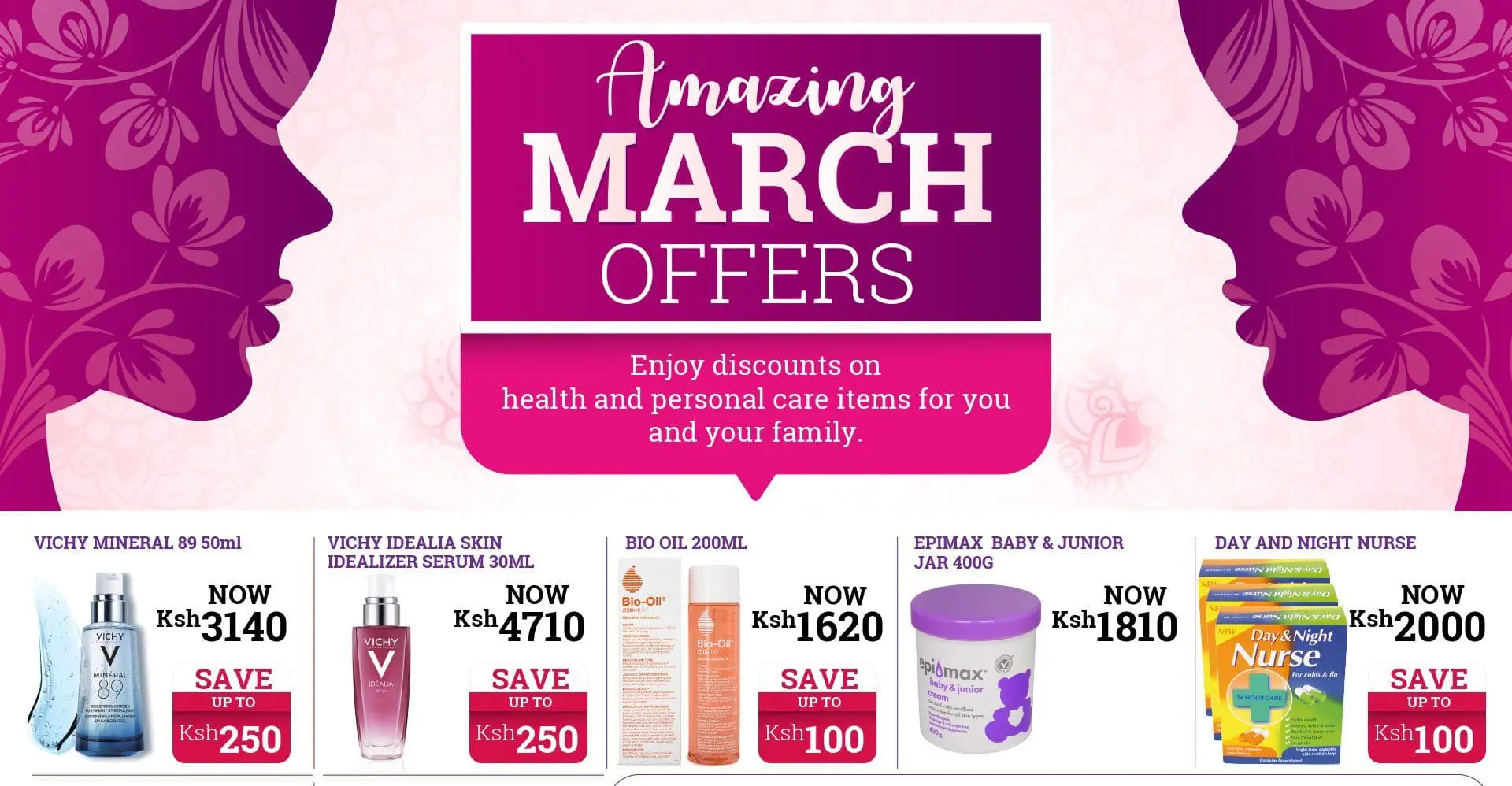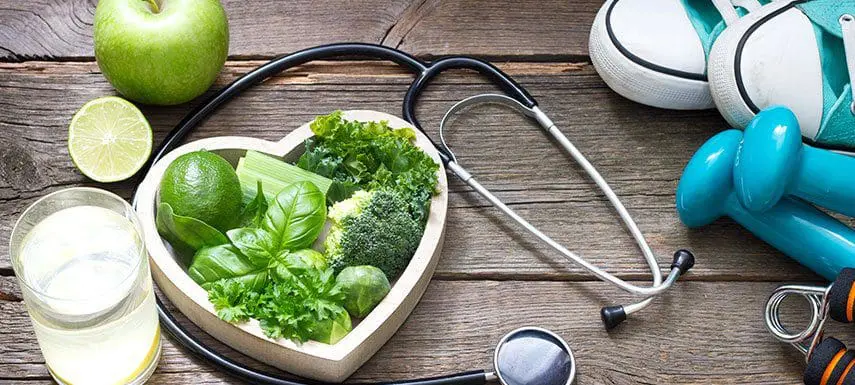
We recently celebrated the opening of our 60th branch in the region on December 3rd 2019. The unveiling of the latest store means Goodlife now has presence in almost all major towns in Kenya.Our stakeholders, suppliers, and business partners joined us the commemoration of this great achievement. The event was well attended with our CEO Amaan Khalfan hosting Leap Frog Investments’ Felix Olale and Dr. Kariuki Gachoki from the Pharmacy and Posions Board who was also the guest of honor.
Speaking at the function, Goodlife CEO Amaan Khalfan mentioned our unique offering in the form of a health and wellness hub with services, including testing for blood pressure, blood glucose, malaria, and vitamins, as well as other basic diagnostic procedures to meet the needs of the over 60% of Kenyans who normally visit pharmacies as their first port of call for healthcare.
“Pharmacies play a crucial role in helping East Africans access basic healthcare and we have therefore evolved and tailored our offerings beyond the traditional over-the-counter and prescription drugs. We are helping patients address most of their healthcare needs affordably through our new service offerings and partnerships with reputable third-party providers in order to eliminate unnecessary waiting times and medical consultation fees. Our offering ensures that healthcare needs are diagnosed and treated early, before they get complicated. This has created a more convenient offering for customers that is also cost effective and delivers better quality of care”, he said.

From left Dr. Daniel Karuma (Goodlife), Chris Kieu (Goodlife), Chris Getonga(Mimosa Chemist), Dr. Felix Olale (Leap Frog Investements), Dr. Kariuki Gachoka, (PPB) Amaan Khalfan (Goodlife) Justin Melvin (Goodlife), Ruth Elwak (Goodlife) and Fred Obondo (Goodlife).
The celebration highlighted our partnership with other key health players which you can now find in our stores including ,Valentis Health – Dial Daktari services which is an on- call doctor services, Essilor who offer affordable eye care through their My Vision shop, Pathologists Lancet Kenya(PLK) for laboratory services and DiaspoCare2019 who offer access and payment of medication and health services among others. This arrangement enables its customers to access a suite of services that would normally only be found in hospitals, while at the same time facilitating easier access to healthcare services. These innovative approaches are timely, especially as the public continues to grapple with high cost of healthcare in a sector that has suffered perpetual under investment in the face of a rising burden of chronic diseases.
“The dramatic increase in chronic diseases such as diabetes, heart disease, high blood pressure, and cancer has created a high burden on the healthcare system, especially considering that we are still grappling with infectious diseases such as HIV, Malaria and Tuberculosis,” said Dr Felix Olale, Partner at LeapFrog Investments and Global Head of Healthcare Investments.
LeapFrog’s investment has enabled Goodlife Pharmacy to improve its supply chain, accelerate its store expansion, broaden its services, and increase its outreach activities into lower income communities. Mr Khalfan said the Company intends to roll out over 100 locations over the next few years across East Africa to address the need for quality access to primary healthcare.
Dr. Olale said that the government’s plan to achieve Universal Health Coverage (UHC) by 2022 is a welcome development. “We will only succeed if everyone comes together to play a role. Goodlife is working hard to do its part to increase convenience, improve affordability, and raise the quality of healthcare for all East Africans”.









